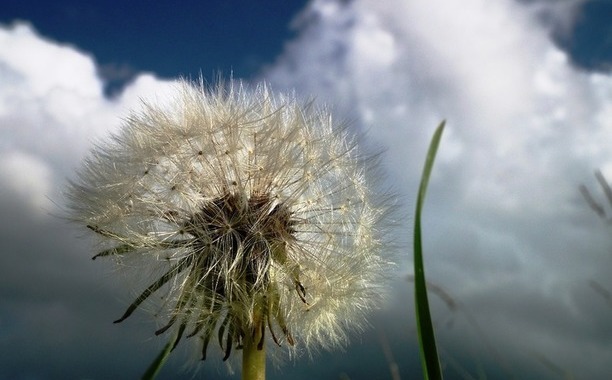Pollen grains, responsible for pollination and spring allergies, might play a role in the formation of clouds, according to a new study’s findings.
The study, which was published on May 4 in the journal Geophysical Research Letters, revealed that pollen grains are capable of rupturing when wet and through this process, they form submicron subpollen particles (SPP) that may serve a climactic role. SPP contain carbohydrates, proteins, and are small enough particles to actually influence cloud optical properties as well as lifetimes; thereby influencing the climate.
[quote text_size=”small” author=”– Allison Steiner” author_title=”Professor of atmospheric science at the University of Michigan and study lead author”]
The pollen grains were thought to be too large to be important in the climate system, too large to interact with the sun’s radiation or form clouds. (…) What we found out is when pollen gets wet it shatters into tiny little particles that can act as cloud condensation nuclei.
[/quote]
According to The Washington Post, the research team saturated pollen samples from birch, oak, pecan, cedar and pine trees before placing them into a cloud-making chamber in order to simulate the atmosphere.
From their research, they found that pollen fragments, or SPP, collect water when condensation occurs by forming building blocks for water droplets in clouds. Because the experiment was conducted in a laboratory setting rather than the naturally occurring atmosphere, it’s unclear just how big of an impact pollen has on cloud formation, but scientists are nonetheless convinced it’s real.
“It’s quite probable that elevated pollen levels could enhance rain downwind of the pollen’s release, but confirmation of this requires field evidence,” Steiner says. “However, any rain generated by pollen could have the beneficial impact of removing some of the existing pollen in the air, relieving allergies. We are still unsure which way the feedback cycle could go,” she concluded.
According to experts’ predictions, spring allergies this year might be the worst in years. But while the symptoms might be intense, there is an upside for allergy sufferers: the limited duration, as the season is expected to come to a premature end.
























